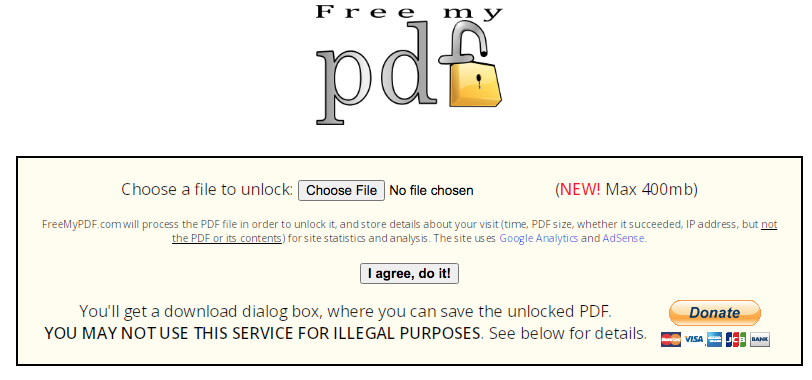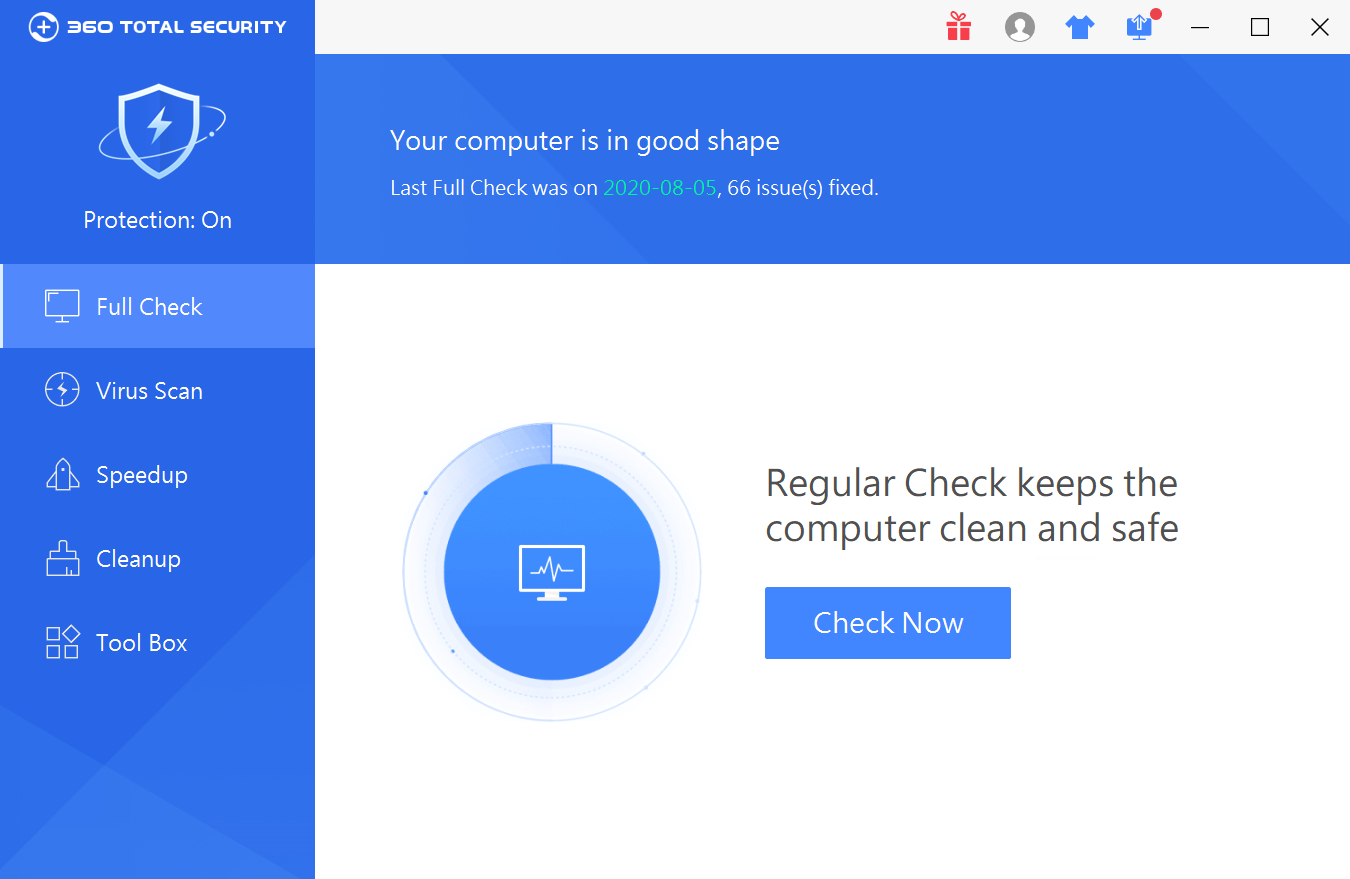The Emotet Trojan is a very dangerous Trojan group that has been known for several years. This infects the devices of those affected via so-called phishing emails and paralyzes a number of computers in German authorities. Since the cybercriminals are using Emotet to steal data for online banking, among other things, you should be well prepared and a powerful antivirus software like Kaspersky Internet Security should be a given.
New variant of the Emotet Trojan
The treacherous Emotet Trojan has been in circulation since 2014 and has been able to read content from emails since the end of 2018. After 2019, we are now threatened with the next wave of Emotet: Emotet is once again infecting private and business PCs. The Emotet Trojan is once again distributed via email.
The Trojan mainly targets login details for online banking. The spam emails simulate a legitimate sender. For example, the spam messages disguise themselves as mail from federal authorities. Anyone who accesses the link contained in the email or opens a file in the attachment risks that components of the Emotet malware will be automatically downloaded from the Internet.

Appearance of a trustworthy message
Emotet sends authentic-looking spam emails. The malware not only reads the contacts from the mailboxes, but also the contents of emails. This is how the malware manages to give the appearance of a trustworthy message. If you receive an unusual email from a company, an authority or an unknown sender, look out for tell-tale formal errors in salutations, subject lines or greetings. If in doubt, do not open links or email attachments without consulting the sender!
New nasty scam with alleged error message
The Emotet operators are now using a new nasty scam and using attached Word documents with a template that tells the user that it cannot be opened properly. Anyone who clicks on the error message makes it easy for the Trojan.
















